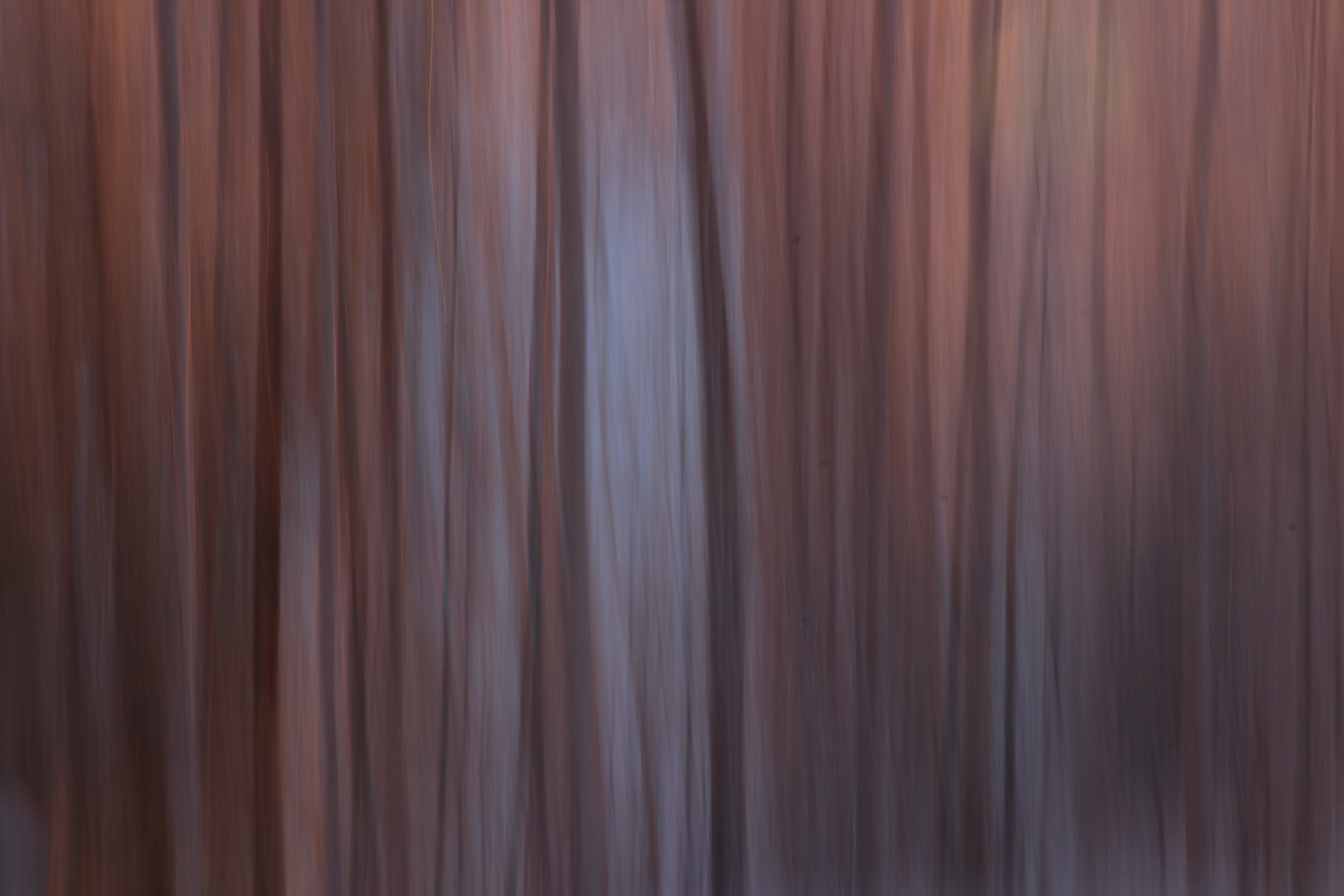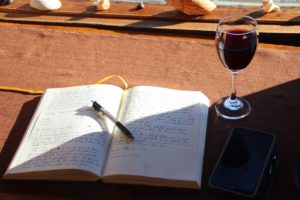Author, Teacher, Wanderer
To Write Good Prose, Learn to Love Poetry

 “Genuine poetry can communicate before it’s understood.” T.S. Eliot
“Genuine poetry can communicate before it’s understood.” T.S. Eliot
Earlier tonight, I sat at a table with four poets. They are each successful and brilliant, and each came to poetry in their own unique way. One of them stumbled into a prestigious graduate program only after dropping out of school. “The last thing in the world I ever thought I’d call myself is poet,” he confessed. One is self-taught – for her, an advanced degree was unnecessary. One had planned on being a veterinarian before finding poetry. One of them teaches at a local high school. She had recently heard that cayenne pepper can increase egg productivity in hens and she wanted to know if the rest of us thought that might be true. None knew the answer, but I could sense their poet minds storing the question away, shaping it into a potential prompt. As usual when I’m around poets like this, I reveled in the notion that I had crashed the cool people’s party.
My love for poetry goes way back, to the first creative writing class I ever took from a man named Bob Couchman, to this day one of the best teachers I’ve ever had. He was short and stocky, gentle but strict. He enjoyed being outdoors, and I’m sure drew inspiration for his writing from spending time in the Colorado mountains. He himself was a published poet, and he taught us a love for language and stories. We adored him, and he made it okay for an athlete such as I to write poems. Generally, I think of myself as a prose writer, and only occasional poet. But there’s much to be gained for a prose writer from studying poetry, and I find more and more that the books that pile up around me as I seek inspiration for my own writing are poetry books. I’m not sure that all poetsshould study prose. (Okay, they probably should). But I’m convinced that prose writers should study poetry. When I was a student at the University of Nebraska, Ted Kooser used to talk about the “writer’s ear.” Good writers learn to hear language when they read just as much as they see the words on the page. When read out loud, writing should flow easily from the lips, and such reading can be physiologically pleasurable to read; when it thrums, you can feel it. Because of its reliance on the music of language, and deep engagement with words, studying poetry and reading it out loud is one of the best ways to develop this “writer’s ear.”
I’m particularly enamored with poetic lines, and I’ve started to collect lines that sing to me. At the risk of removing them from the shelter of the poems where they live, I’d like to share a few:
Here’s a line from a poem called “Preludes” by Tomas Tranströmer:
“I shy at something that comes shuffling crosswise in the sleet.”
The alliteration here is obvious, and a better scholar than myself could scan the meter. But the joy for me is the playfulness of the language: the surprise of “shy” as a verb, the three dimensional effect of “shuffling crosswise,” the way the single word “sleet” completes the scene and makes it come alive.
Here’s a couple more, the first from Kristin Naca’s “The Adoration at El Montan Motor Lodge” and the second from Louise Mathias’ “Prone, November.”
“For hours the lovers’
feet kick at the woozy nightstand.”
“Just your slow, pink
movements near the doorway.”
Each of these lines has a light touch of eroticism. Adjectives can be overdone, but here, “woozy” and “pink” add just the right punch to each of the lines. You could take away these words without losing meaning, but the imagery would suffer. Above all else, these lines are fun to read out loud. Try it.
This is a line from C.D. Wright’s Deepstep Come Shining:
“In the seclusionary cool of the car the mind furnishes a high-ceilinged room with a white piano.”
For me this captures perfectly the feeling of calm that can happen on a long road trip. There is a sense of quiet, but also the piano, waiting for one to sit down and create. What a perfect metaphor to capture that elegant space that results from the mind clearing.
Finally, this:
“Their silhouettes are smudges scratched by the gray lines of the cold rain.”
This line is taken not from a poem but from prose: it is from the short story “Up the Mountain Coming Down Slowly,” by Dave Eggers. It is lyrical and, examined in isolation, matches up favorably to the lines of poetry above. Lines like this only come from a writer who has an ear for language.
What are some of your favorite lines of poetry or prose?
Please post them below.
Love this. And poetry. And poetic prose that draws you more completely into a written world. You do that in your writing, Daryl.
Thanks, Luan! Greatly appreciate you reading this, and commenting. Hope all is well with you.
Thanks for sharing, Daryl!